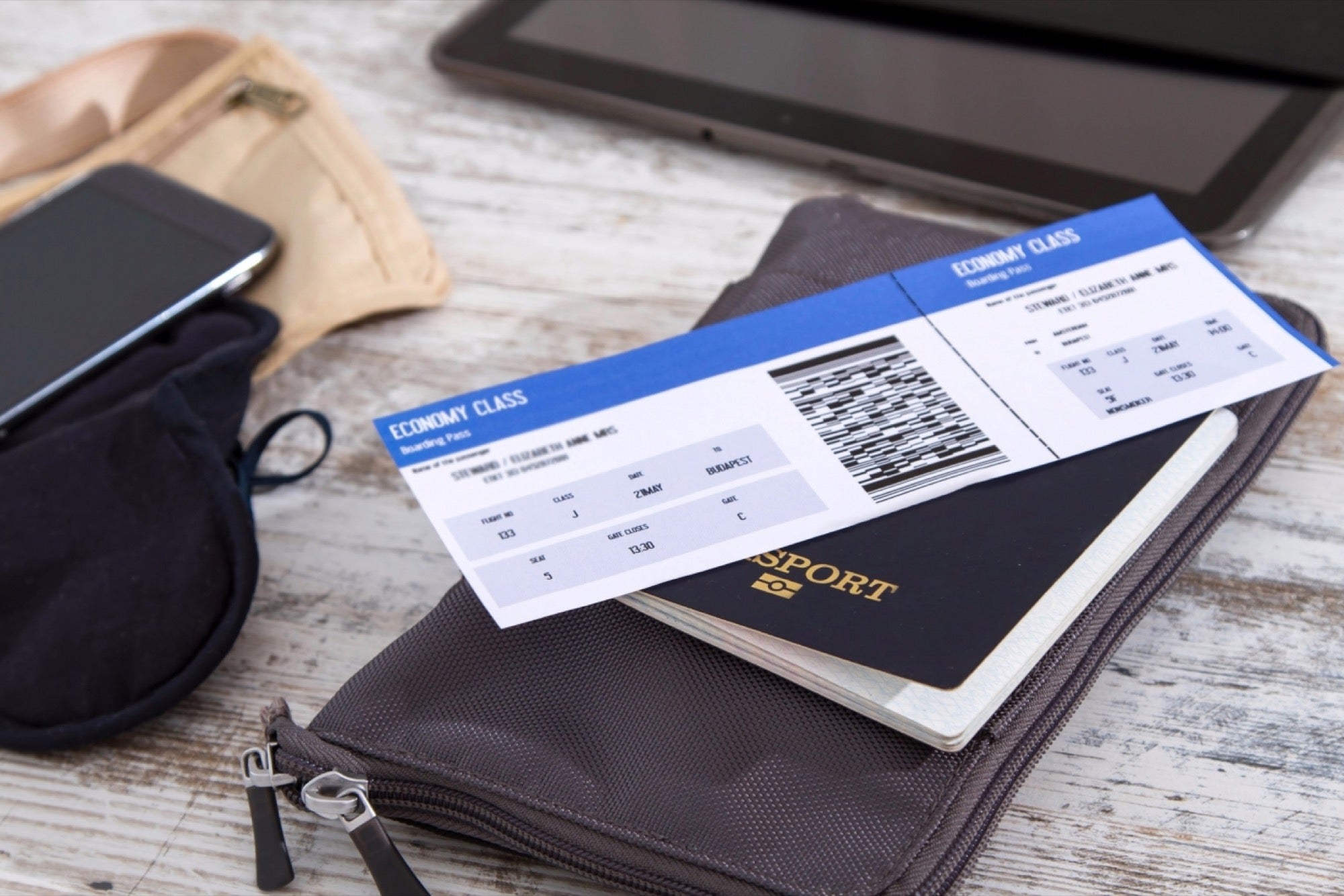The Case for Travel Agents When DIY becomes too much, should you outsource travel planning?
Opinions expressed by Entrepreneur contributors are their own.

To supply his Los Angeles-based jewelry company The Pearl Source, Leon Rbibo makes frequent trips to Tahiti, Japan and Hong Kong, importing about 10,000 pearls per month. He also visits distribution markets from New York to Hawaii. About five years ago, overwhelmed by the logistics of planning at least two trips per month, he made the switch from organizing his own travel to using an agency.
"As I travel more often, I need to travel more comfortably," says Rbibo, who, at 6 feet 8 inches tall, is keen on maximizing airplane legroom. "Often travel agents have more knowledge when it comes to seating. They can get special placement on a plane or get better deals [on upgrades]. We lost an enormous amount of time tracking and using miles. While some people say travel agents are dead due to the internet wiping them out, businesses don't have the time or luxury to do those things."
In this age of DIY internet booking, small businesses may question the need for professional travel planners. After all, metasearch engines like Kayak for flights and Trivago for accommodations make cost comparisons simple for the occasional business traveler.
But high frequency of travel can trigger the need for professional help. Jody Diamond, owner of Diamond Public Relations in Miami, employs 22 staffers and books up to 50 flights per month, often on complicated routes. After one particularly snarled transaction, she tried out a travel professional and decided never to go back to going it alone. "We were finding that travel agents were able to get better fares and routes and do it quicker than we were," she says. "Even considering the $20 fee [per ticket], it adds up when you're dealing with a lot of tickets."
Topaz International, a corporate travel auditor, conducted a study this year in which it looked at 5,572 itineraries booked via corporate travel programs, of which 81 percent could be replicated, with the same routing, on public internet sites. Of those, only 6 percent could be booked online cheaper than with a travel agent.
Small businesses generally make the switch from DIY to travel pro when they reach 25 to 50 employees and spend $50,000 to $100,000 annually on airfare, according to Anita Salvatore, executive vice president of global account services for Travizon. The Woburn, Mass., company turns out reports that help identify where a firm can leverage spending by, for example, negotiating with an airline for corporate rates. "If you're planning on going public, you have to have these financial controls in place," Salvatore says.
Tim Hentschel, CEO of West Palm Beach, Fla.-based HotelPlanner, which specializes in group meetings, concurs. "Once your travel budget gets above $100,000 per year, it's time to look at what you can do with a travel partner," he says, noting that small businesses hitting that mark may be able to negotiate lower rates.
Businesses below the bar can take advantage of websites like Yapta, which tracks business travel and issues alerts when rates drop. Michael Warner and Michelle Lim Warner, owners of DCanter wine boutique in Washington, D.C., use websites to find airfares to Bordeaux, Argentina and California, and turn to Airbnb for accommodations. But the couple has made one concession in securing outside support: By investing in an American Express Platinum Card, which charges an annual fee of $450, they get concierge services for planning travel, transferable airline credits and lounge access that allows them to work at various airports.
"The perks add up and end up paying for themselves," Michael says.
Online travel agencies are actively courting small businesses; Expedia, for example, recently launched a loyalty program. Among agency options, online and off, Rbibo chose a small Los Angeles company, Altour, to handle his pearl-buying trips.
"I'm more keen on personal relationships, so often I favor small businesses in general," he says. "It pays off because we have a relationship. They appreciate my business and have the time and energy to make me happy as a client."










